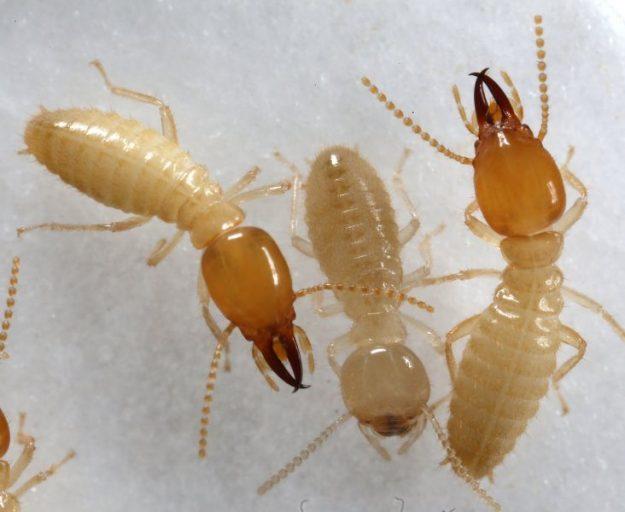Determine Which Type of Termite Is Eating Your House Based on the Season in San Diego
There’s nothing more disastrous than a colony of termites creeping into your homes, damaging electrical conduits and invading wooden foundations. Out of all the pests that you will encounter, termites are the worst especially since they’re hard to discern. These feeders may look harmless and insignificant but have the potential to ruin structural property. Different termites swarm in different seasons so it is important to determine the type that affects your household interiors. Let’s talk about the types of termites found in California, and how you can prevent a seasonal infestation from taking place.
Can You Spot the Difference?
Termites are active pests that infest urbanized parts of California, starting from Redding to San Francisco, all the way down to Fresno and Salinas, Santa Maria, Long Beach, Los Angeles, Bakersfield, San Diego, Riverside, and Orange County. Termite infestations cause approximately $5 million worth of property damage in the US, according to a survey conducted by the National Pest Management Association.
It isn’t easy for the untrained eye to spot termites, and this is why most homeowners stay unaware of an infestation until a significant amount of damage has already taken place. With over 50 different termite species prevalent in the US, termites can be grouped into three main categories –
Subterranean Termites
These termites live underground and build large, convoluted systems of mud holes that they use to surface upwards. Subterranean termite colonies grow in waterlogged spaces where there is moisture and dank wood. They tend to be most active during springtime, but can also swarm after heavy showers. You can watch out for these termites in wood piles, near air conditioning units, and around outdoor decks. The termites can also invade homes by creeping through concrete walls and foundations that are made from hollow blocks.
Drywood Termites
Unlike the subterranean termite, that’s far more common in California, dry wood termites only swarm in places where the weather is warm. Drywood termites swarm between the months of August to November. They tend to burrow inside wooden foundations that they consume. You’ll most likely find these termites within walls or furniture. Drywood infestations can be determined if you notice ‘droppings’ that resemble loose pellets near wooden structures.
Termite Control in San Diego

The Formosan termite, a type of subterranean termite particularly affects homes in San Diego County. Known as ‘super termites’, they are the most aggressive known species with a voracious appetite for wood. The termite species possesses a pale yellow to brownish yellow color, and translucent wings that’s covered with dense, minute hairs. A distinguishing feature is the shape of the head – while indigenous subterranean termites have rectangular heads, the Formosan termite soldiers have heads that taper frontwards, and are rounded on the sides. Spawning season for this termite is from the months May to September. These termites occur in the early evening time and when the day temperature exceeds 88 degrees Fahrenheit.
What Can You Do?
To prevent termite infestations, homeowners need to take precautionary measures that include, scheduling regular inspections by licensed pest control agencies. If you suspect there’s a termite infestation in your San Diego home, that’s way out of control, then call our experts at Pro Pacific Pest Control in San Diego and, request a free estimate right away.




